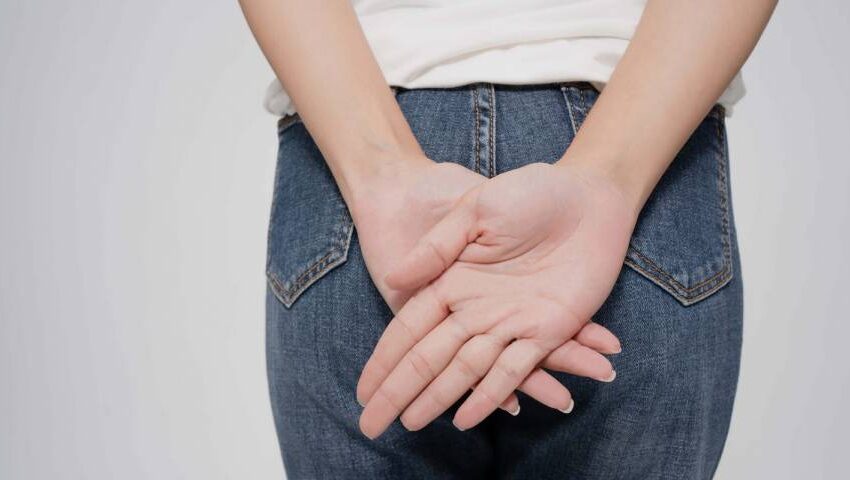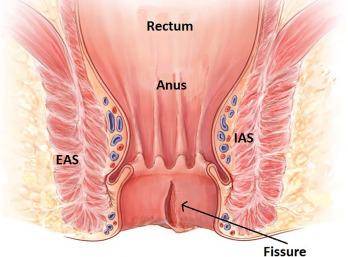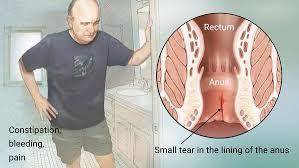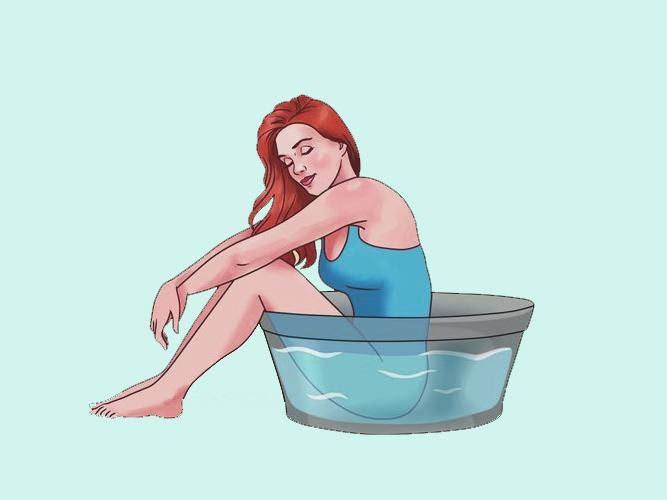
- 18/03/2022
- Dr. Samrat Jankar
- 0 Comments
- Blog
What are Anal Fissures?
An anal fissure is a tiny tear in the thin mucosa lining the anus. Although small, anal fissure causes severe pain and bleeding during and after bowel movements. It commonly affects infants, but people of all ages can get them.

Generally, anal fissures heal on their own, but if you experience excruciating pain and notice blood on toilet paper or stools, you should consult a doctor.
Mostly, fissures heal with simple remedies such as increased fiber intake, sitz bath, and topical ointment for fissure. If they do not help, then you may need medical treatment or surgery.
Dr. Samrat Jankar, one of the top gastroenterologists in Pune, is an expert in treating all colorectal issues, including fissures, fistula, and piles.
You can visit him for safe and effective treatment. He is skilled in minimally invasive surgery that offers quicker healing and less trauma. He is associated with Symbiosis University Hospital & Research Centre and Pune Colorectal & Gastro Care.
Anal fissures are many times mistaken for hemorrhoids due to similar symptoms. Read on until you understand the symptoms, causes, and treatment options for fissures.
Symptoms of anal fissure

Some common symptoms of an anal fissure are:
- Pain while passing motions, sometimes very severe
- Persistent pain for several hours after a bowel movement
- Irritation and itching around the anus
- Bright red blood on the stool or toilet paper
- Visible tear in the skin around the anus
- Skin tag or lump near the anal fissure
If you have these symptoms for several days, consult a doctor specializing in fissure treatment like Dr. Samrat Jankar, a gastroenterology surgeon in Pune. He will conduct a physical examination and treat you accordingly.
Causes of anal fissure
Mostly anal fissure occurs due to passing large and hard stools. Apart from this, other common causes are:
- Chronic diarrhea
- Constipation
- Childbirth
- Anal sex
- bowel disease like Crohn’s disease
- Anal cancer
- Herpes
- HIV
- Tuberculosis
- Syphilis
Diagnosing anal fissure
The doctor will generally diagnose anal fissures through observation. If he feels necessary, he will use an anoscope to examine your anal canal to check for other causes of rectal pain. They may also perform colonoscopy or sigmoidoscopy if they feel there is an underlying condition.
Anal fissures are classified as acute or chronic. An acute fissure is a fresh tear that can last up to six weeks. If the fissure persists beyond six weeks, it is termed chronic fissures. They have skin tags or lumps on both sides of the tear.
Treatment for anal fissure

Mostly anal fissure heals on its own by incorporating the following steps, such as increasing the intake of fluids and fibers to keep the stool soft.
Using a sitz bath several times a day also helps, especially after bowel movements, to help relax the sphincter and encourage healing.
If these remedies do not help within two weeks, contact your doctor for a proper evaluation. Dr. Samrat Jankar, an experienced colorectal surgeon in Pune, says, “You should not take any anorectal condition lightly as it may indicate other severe underlying conditions. You should seek treatment if the problem does not resolve within a few days.”
Other non-surgical treatment for anal fissure
A calcium channel blocker ointment can help heal the fissure by relaxing the sphincter muscles.
Even Botox can help with the healing. Botox injections into the anal sphincter temporarily paralyze the muscles, averting spasms. It allows the anal fissure to heal and prevent new ones from forming.
Surgical intervention
Your doctor may advise surgery if your symptoms are severe and causing a lot of discomforts or you have a chronic anal fissure that has not responded to prior treatments.
Doctors mostly carry out a lateral internal sphincterotomy operation called anal sphincterotomy, wherein they make a small cut in the anal sphincter muscle to relieve spasms and improve recovery.
According to research, surgery provides far more promising results than any conventional treatment for chronic fissures.
Can anal fissures be prevented?
It is not possible to altogether avoid anal fissures from occurring, but you can reduce the chances by following the tips given below:
- Seek immediate treatment for diarrhea
- Use warm water and soap to keep the anal region clean
- Keep the anal area dry
- Increase your intake of fluids, have a high-fiber diet, and exercise regularly
- You should often change the infant’s diaper if they have this condition.
Takeaway
Many people suffering from this condition postpone their bowel movements due to fear of severe pain. It causes more problems as the stool becomes harder, raising the risk of constipation and more tears.
There is no need to suffer pain when treatments are readily available for anal fissures. You can consult Dr. Samrat Jankar, a prominent colorectal specialist in Pune having extensive experience in treating anal fissures.
